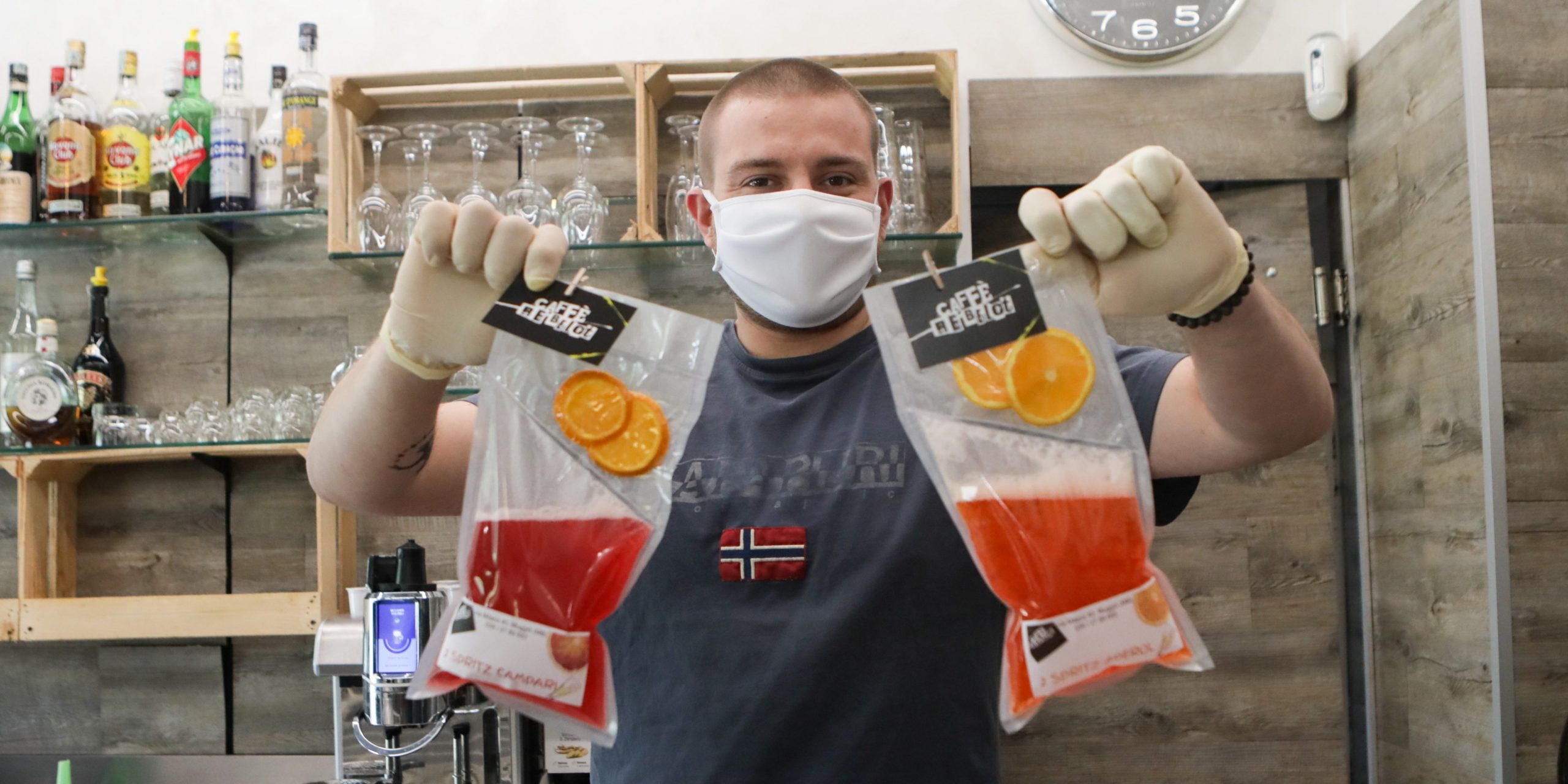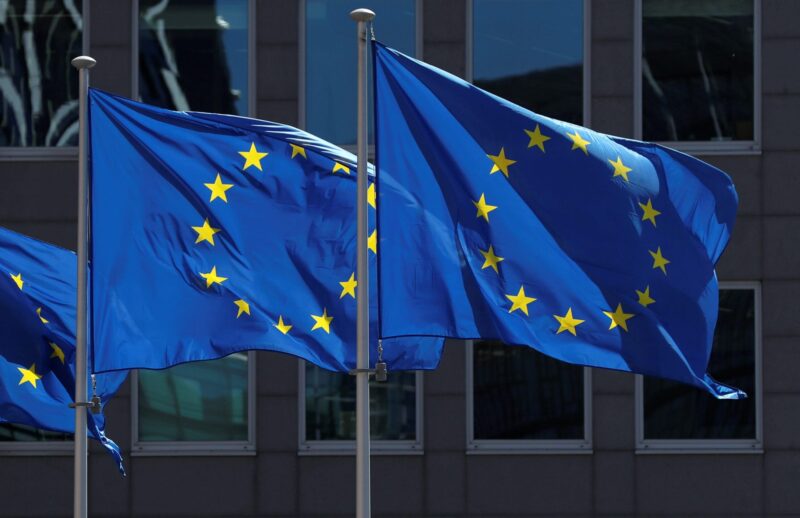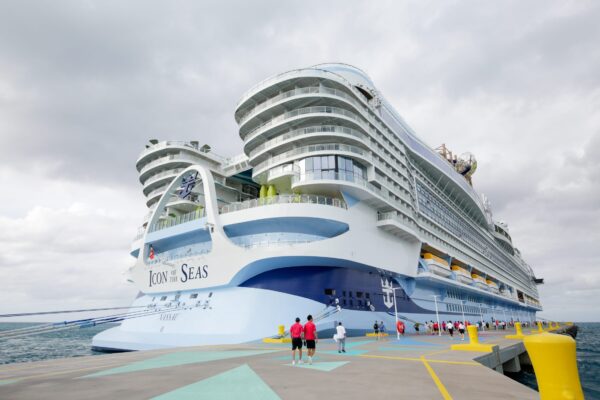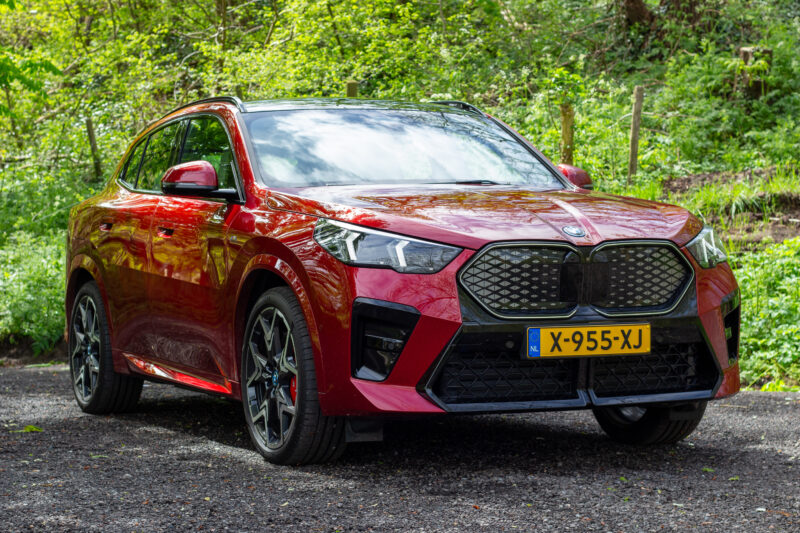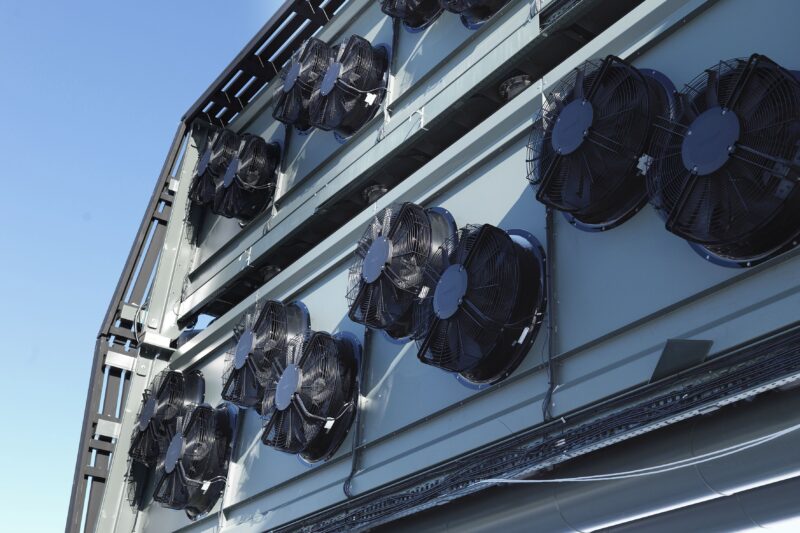- Everything is terrible in the time of the coronavirus pandemic, but one unmitigated positive has emerged: the freedom to buy to-go cocktails.
- To help bars and restaurants barely clinging to life have a chance of survival, many states have temporarily lifted or relaxed restrictions on selling to-go cocktails or delivering them with meals.
- These bans were always arbitrary and infantilizing.
- Now that the food and drink establishments have proven there’s a market for mobile booze, and society hasn’t collapsed as a result, it’s time to permanently end these unnecessary restrictions.
- This is an opinion column. The thoughts expressed are those of the author.
- Visit Business Insider’s homepage for more stories.
For those of us cursed to ride out the pandemic in the erstwhile “Greatest City in the World,” just about everything has been terrible for the past two months.
There has been one glaring and delightful exception: to-go cocktails.
There are many aspects of life as we know it right now that seem unfathomable. The newfound freedom to order a margarita to wash down a taco is one of them.
The bans in many states on bars and restaurants selling beer, wine, and spirits to go have always been arbitrary and infantilizing. Now that the coronavirus has left innumerable food and beverage-based businesses clinging to life, we’re seeing the benefits of this novel method of generating revenue.
And it's clearly what the customers want. So make it permanent.
New York's new "restriction" actually lifts a restriction
As New York Gov. Andrew Cuomo imposed a lockdown on all non-essential businesses, he ordered the New York State Liquor Authority to revise its guidelines, now allowing for sales of to-go beer, wine, and spirits.
Because a state bureaucracy can't just go around relinquishing an arbitrary restriction without adding a new one, the new guidelines say the "sale of each container shall be accompanied by the purchase of food."
To maintain compliance with this unnecessarily tacked-on requirement on the free exchange of goods and services, some restaurants have offered a bag of chips, some have just put a nominal food item on the receipt, while others just give a nod a wink before handing over their spicy margaritas in plastic cups.
There's no change to open container laws, which is curious because a cocktail sold in a plastic straw dipped in a lid is "open" in the sense that it can be drunk without uncorking anything.
Unfortunately, this newfound freedom (which the NYSLA's website counterintuitively refers to as a "restriction") is only temporary. It's currently set to expire on May 28, "but may be extended or reduced depending upon the circumstances."
Those circumstances under consideration should include the fact that just about any legitimate, tax revenue-generating business is good business as we teeter on the brink of a depression.
The authorities in New York and across the country should also take into account how many of the US' statutes restricting the purchase, sale, and consumption of alcohol by adults are leftovers from the failure that was Prohibition. In some cases (looking at you, Massachusetts), they're remnants of 18th century Puritanism.
There's no law that says outdated laws must always remain, just because. If we don't need them, we should demand to be rid of them.
A global tragedy is a perfect time to rethink the ways things were done, especially the ones that were accepted by a public that didn't know some of these things could be undone overnight without a parade of horribles being visited upon society.
There are obviously many more vital issues worth considering doing differently in the "new normal," but that doesn't make the permanent legalization of to-go drinks an important one.
Free the "walk-tail"
Sadly, Newton's third law (for every action, there is an equal and opposite reaction) is being demonstrated in one of the US' most unlikely locales.
While at least 38 states have lifted or loosened restrictions on selling roadie drinks, according to Eater, Louisiana has bizarrely taken the opposite tact.
New Orleans, the home of the drive-thru daiquiri joint and no open container restrictions, set the American standard for freedom to booze. But the state's Office of Alcohol and Tobacco Control (ATC) has put New Orleans' longstanding practice of selling "walk-tails" on ice.
ATC commissioner Juana Lombard cited "public safety" as it's reasoning behind the ban. The commission feared that in New Orleans' cramped touristy areas, people would congregate outside the establishments, making social distancing impossible. Hence, beer and wine sales are still permitted at restaurants, and the drive-thru daiquiri shops still operate.
But it doesn't seem like it would be too hard to enforce a six-foot-spaced line and forbid groups from congregating outside of bars and restaurants selling cocktails. And yet just at a time when normalcy is about the most sought-after commodity, the state has denormalized one of New Orleans' signature features.
There are conversations worth having about open container laws, which are often selectively enforced in minority and lower-income communities and lead to a greater chance of criminalization among young people. But that's a whole different discussion.
For now, we law-abiding adults should make it clear that we've gotten a taste of this freedom and we like it.
It's a source of revenue. It makes people happy. It hasn't caused society to collapse.
We the people demand the freedom to buy overpriced mixed drinks on the fly be made permanent.
